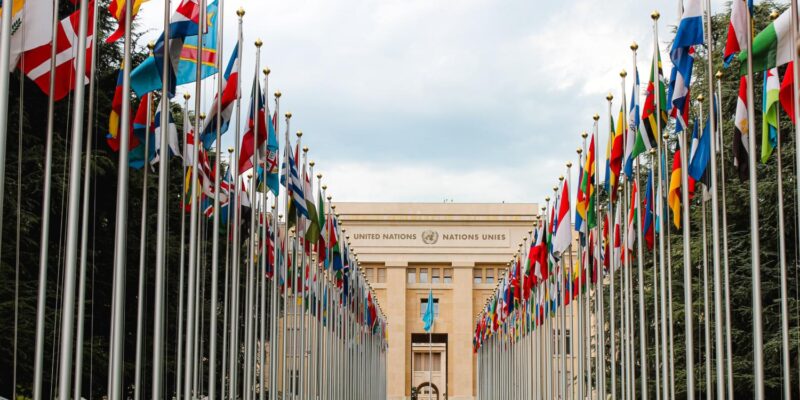Net zero strategies: the challenge for government and business
A large number of strategy documents, have already been published by governments, businesses, regional and local communities, aiming to achieve CO2 emissions targets by 2030 and 2050, in preparation for COP-26 this November. These strategies outline the necessary principal measures needed, to meet these commitments.
Join us for our event ‘Net zero strategies: The challenge for government and business’ on 14 September at 14.00 – 17.45 CEST. The webinar will consist of expert speakers who will discuss the major elements of these strategies and what precise measures should be taken to meet the emission targets.
The full programme and list of panellists can be found here.
Please register here:
*This event is being run by Oxera Consulting LLP (‘Oxera’). The information that you provide to us will be kept solely for the purpose of running this event. In organising and conducting the event, Oxera will act as the sole data controller and will store and use your company data in accordance with their privacy policy at Oxera.com. After such time, the data will be stored and used in accordance with Oxera’s privacy policy. If you have any questions with regard to your data and how it is used, you can contact [email protected].
Event programme
Plenary session: Carbon pricing and taxation
- What border adjustment mechanisms will be needed to ensure that countries meet their net zero objectives? Can they be really effective without binding international agreements on emissions reduction?
- Is taxation of carbon the most effective way to reduce emissions in sectors outside trading schemes or is an amount of regulation necessary to cap emissions in sectors such as road transport?
Break-out sessions
Sustainability strategies and competition policy
- How should sustainability objectives be taken into account in the application of competition rules or should they be addressed exclusively by other public policies? Are they better achieved in an environment of competition rather than cooperation between firms?
- How should the consumer welfare standard integrate sustainability as a crucial component of the quality of products and services which consumers? And can the benefits to future generations of consumers be include in the standard?
Sustainability, EU State aid control and the WTO anti-subsidy regime
- Are the changes introduced by the Commission in the state aid rules appropriate to support member states in achieving the climate targets (or, for example, should any proposed measures serve wider sustainability goals (e.g. reduction of air, land and water pollution)?
- Should the WTO’s anti-subsidy regime be amended in order to strengthen international discipline and coordination on projects and schemes with significant effects on sustainability (e.g. aid to fossil-fuel based industries)?
Regulating to achieve net zero strategies
- What should the respective roles of government and the regulator be in incentivising and managing the sectoral transition to net zero?
- What is the appropriate balance between regulatory control and company responsibility in delivering long term objectives, such as decarbonisation?
Concluding plenary session: Building and implementing comprehensive net zero strategies
Related Insights

Economics of Climate Change—how economics can enable the transition to net zero
to finance, slow policy and regulatory coordination, and insufficient adoption of decarbonisation solutions by businesses and consumers. In this article, we reflect on the session chaired by Oxera on the Economics of Climate Change at COP26 on one of the World Leader’s Summit days, to explore how economics can help to remove these barriers, as well as helping to make any net zero transition a fair one. Read More
